EU and international affairs
International issues are dealt with by all of the ministry’s departments and within almost all of our units.
-
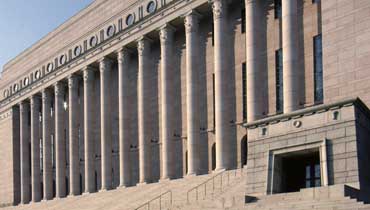
The central government has a special system for coordinating EU affairs.
-
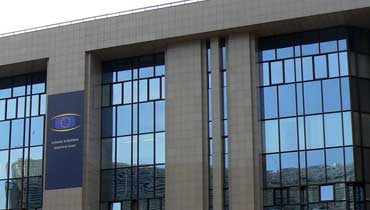
The Council, on a proposal from the Commission, decides on the rules of the common agricultural policy jointly with the European Parliament in accordance with the codecision procedure.
-
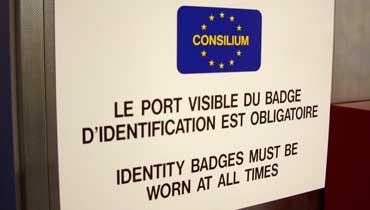
Common Agricultural Policy, CAP »
The EU’s Common Agricultural Policy aims to develop agricultural production in the Community in a balanced way.
-

In the administrative branch of the Ministry of Agriculture and Forestry, key international organisations include the FAO and OECD.
-

Regional northern cooperation »
The Ministry of Agriculture and Forestry actively participates in the work of northern cooperation organisations.
-

In bilateral cooperation, the Ministry of Agriculture and Forestry aims to maintain long-term relations with the key countries in the fields of agriculture and forestry.
-
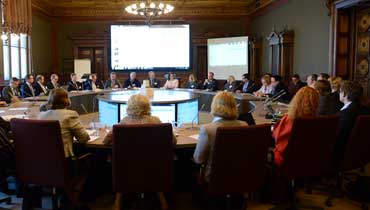
Trade policy and external economic relations »
Trade policy influences the import and export conditions of agricultural products and food and has an impact on aid rules, which guide the achievement of agricultural policy objectives.
-

Development policy and food security »
The International Affairs unit coordinates development policy and food security issues at the Ministry of Agriculture and Forestry.
-
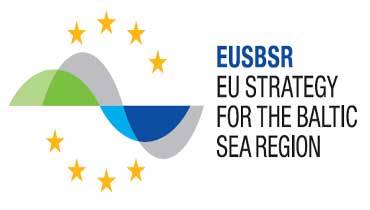
EU Strategy for the Baltic Sea Region »
The Ministry of Agriculture and Forestry in EUSBSR has the coordination role of nutrient recycling in agriculture.
